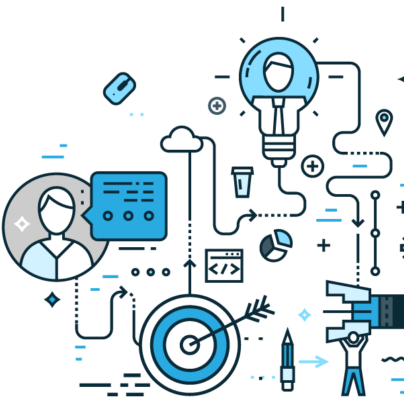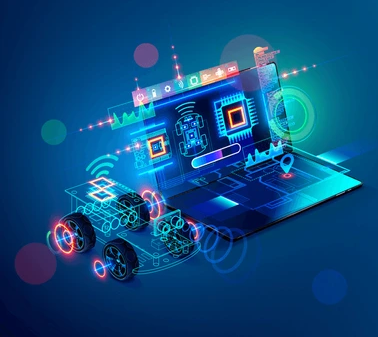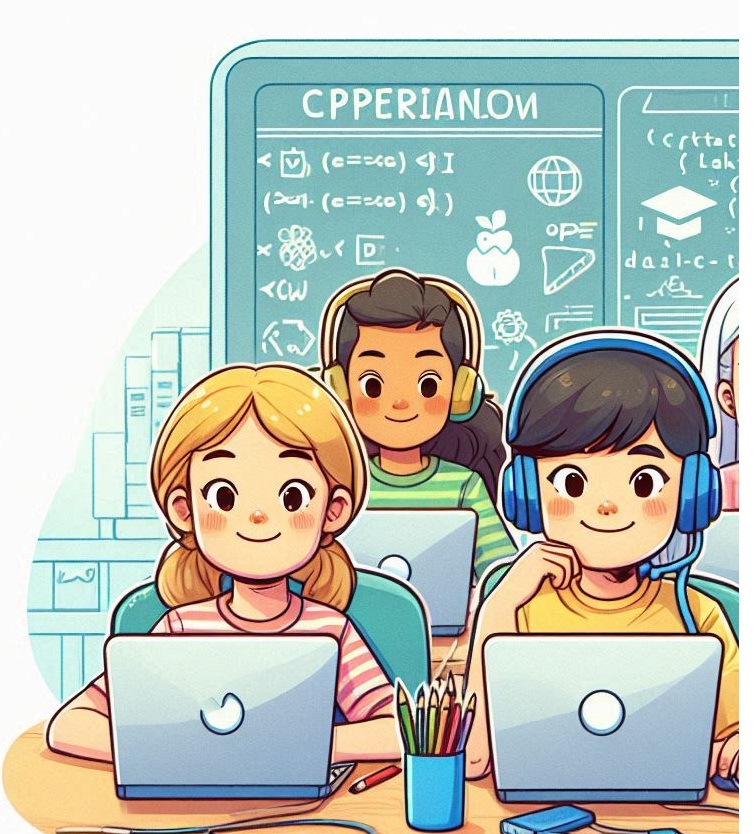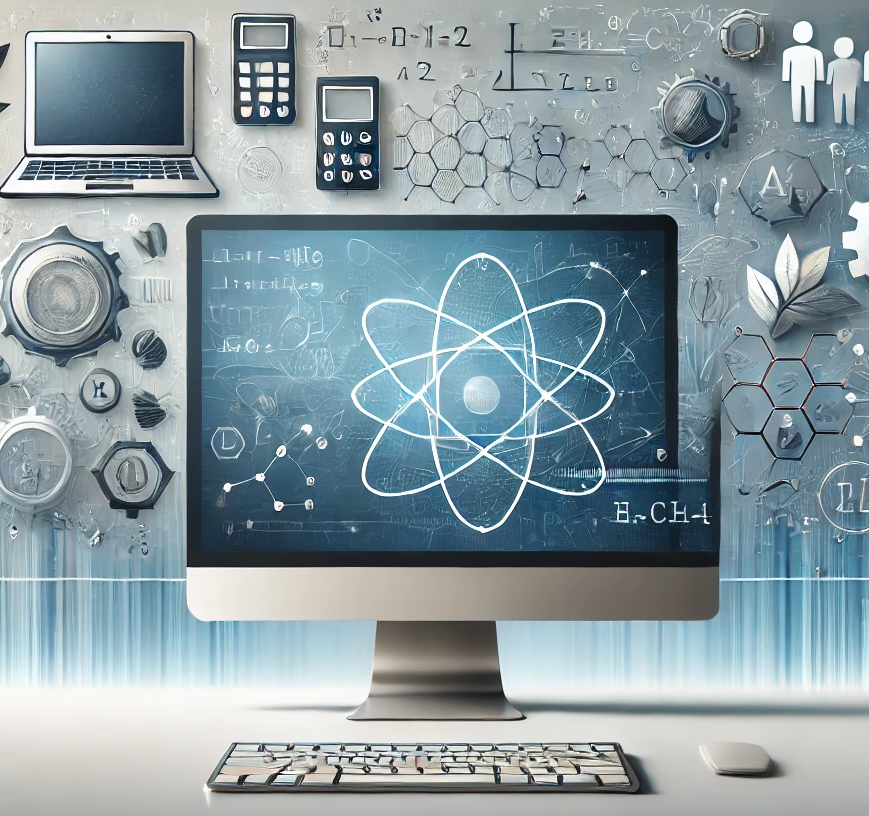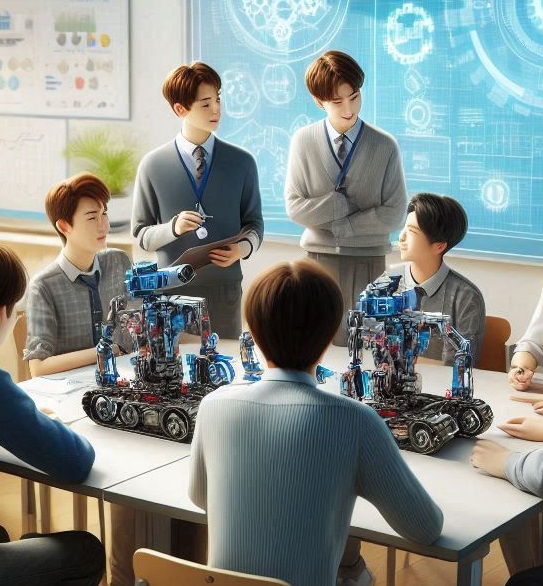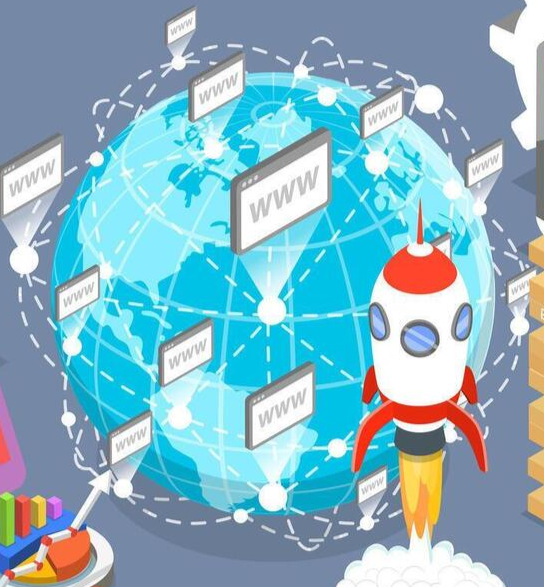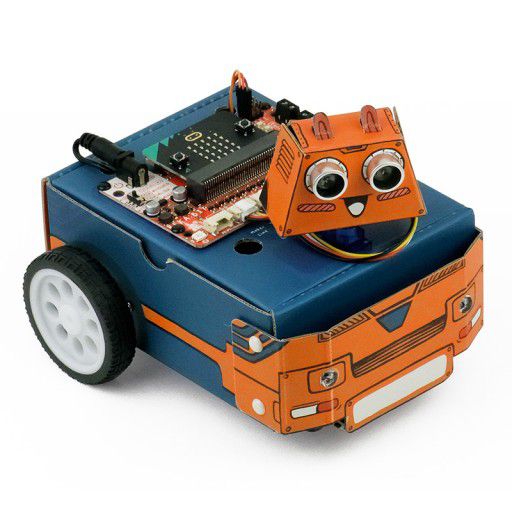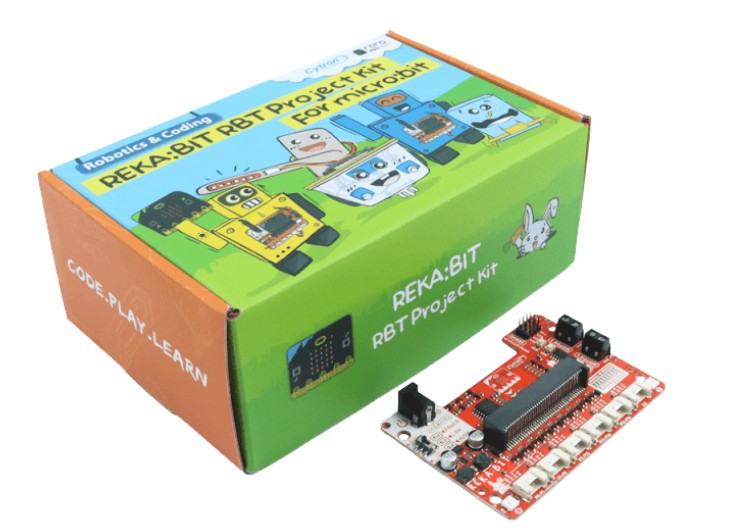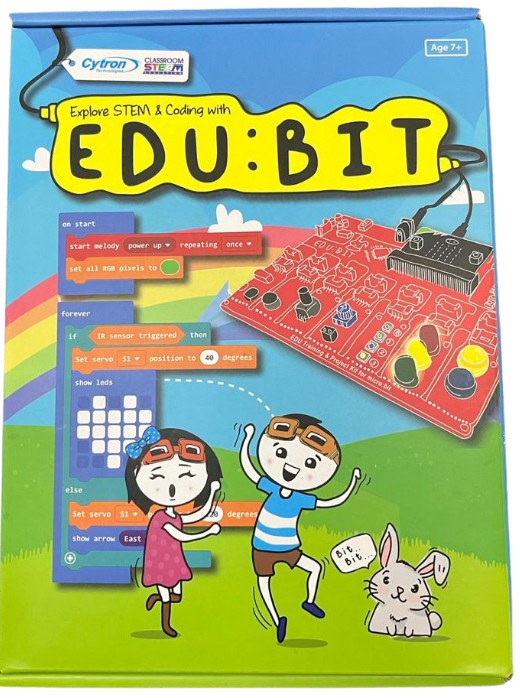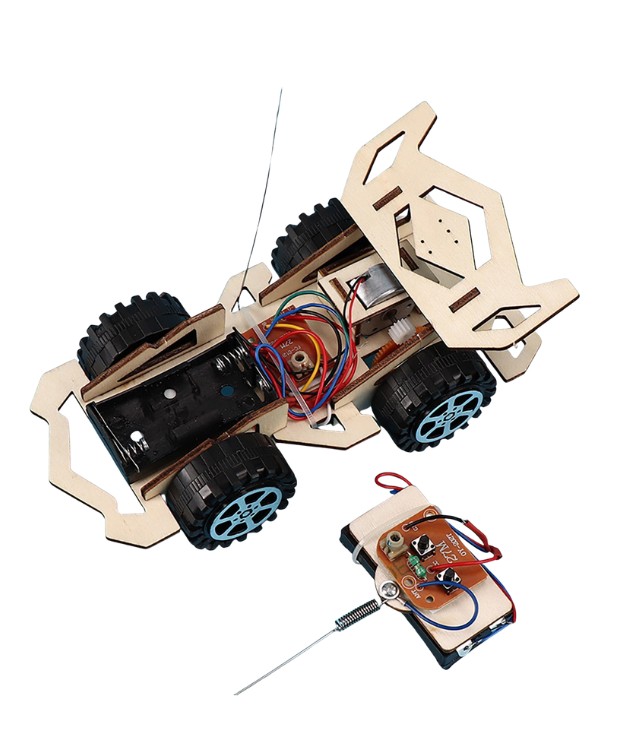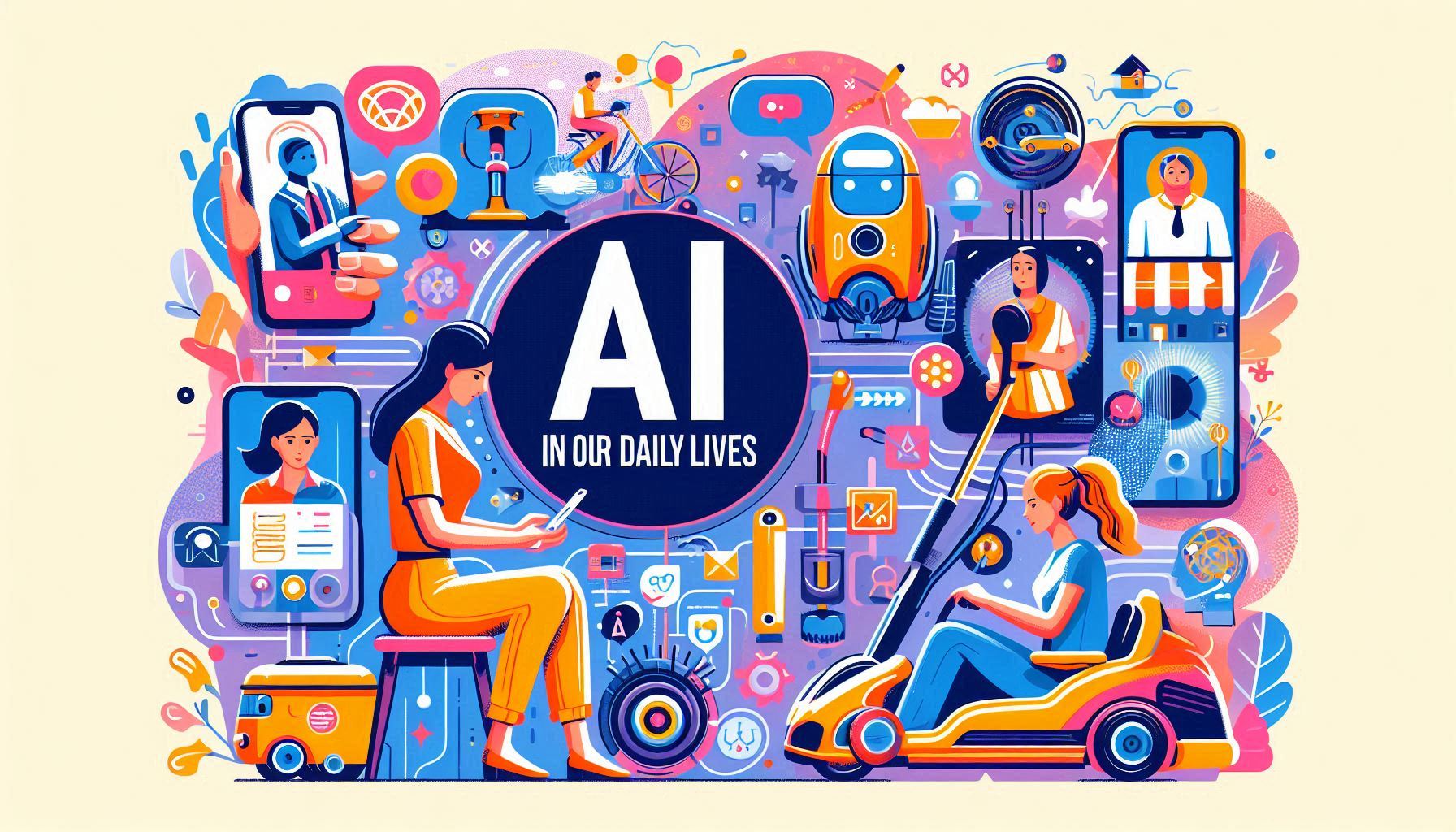
The Impacts of AI in Our Daily Lives: Both Good and Bad
Artificial Intelligence (AI) has rapidly become an integral part of our daily lives, influencing various aspects from the mundane to the complex. Its impact is profound, bringing both remarkable benefits and significant challenges. Understanding these impacts helps us navigate the evolving technological landscape more effectively.
The Good: Enhancing Convenience and Efficiency
-
Personal Assistants and Automation
- AI-powered personal assistants like Siri, Alexa, and Google Assistant have transformed how we interact with technology. They help manage schedules, control smart home devices, and provide information swiftly, enhancing daily convenience.
- Automation in households, such as robotic vacuum cleaners and smart thermostats, has reduced the time spent on routine chores, allowing people to focus on more important tasks or leisure.
-
Healthcare Advancements
- AI algorithms are revolutionizing healthcare by improving diagnostic accuracy. Machine learning models analyze medical images with precision, assisting doctors in early detection of diseases like cancer.
- Personalized medicine, driven by AI, tailors treatments based on individual genetic profiles, increasing the efficacy of therapies and reducing side effects.
-
Transportation and Safety
- Self-driving cars, powered by AI, promise safer roads by reducing human error, a leading cause of accidents. AI systems optimize traffic flow, reducing congestion and lowering emissions.
- Predictive maintenance in aviation and railways ensures timely repairs and reduces the likelihood of accidents, enhancing overall safety.
-
Education and Learning
- AI-powered educational tools provide personalized learning experiences, adapting to individual student needs and pacing. This makes education more accessible and effective.
- Language translation and speech recognition technologies break down communication barriers, fostering global connectivity and understanding.
The Bad: Ethical, Social, and Economic Challenges
-
Privacy Concerns
- AI systems often require vast amounts of data, raising significant privacy issues. The collection and analysis of personal information can lead to intrusive surveillance and data breaches.
- There are growing concerns about how data is used and who has access to it, leading to potential misuse and exploitation.
-
Job Displacement
- Automation and AI are reshaping the job market, leading to displacement in sectors like manufacturing, customer service, and transportation. While new jobs are created, the transition can be challenging for affected workers.
- The skills gap is widening, as many traditional jobs become obsolete while new roles require advanced technical knowledge that not all displaced workers possess.
-
Bias and Discrimination
- AI systems can perpetuate and even amplify existing biases present in their training data. This can lead to unfair treatment in areas like hiring, law enforcement, and lending.
- The lack of diversity in AI development teams can exacerbate these biases, as the perspectives and needs of minority groups might not be adequately considered.
-
Dependence and Reliability
- Over-reliance on AI can lead to complacency and a loss of essential skills. For example, excessive dependence on GPS for navigation might diminish our natural sense of direction.
- AI systems are not infallible. Errors or malfunctions in critical applications, such as healthcare or autonomous vehicles, can have severe consequences.
Balancing the Scales: Moving Forward
To harness the full potential of AI while mitigating its drawbacks, a balanced approach is essential:
-
Regulation and Ethics
- Implementing robust regulatory frameworks ensures that AI development and deployment are ethical and transparent. Governments and organizations must work together to create guidelines that protect privacy and prevent misuse.
- Promoting ethical AI involves addressing biases in training data, ensuring diverse development teams, and establishing accountability for AI-driven decisions.
-
Education and Reskilling
- Investing in education and reskilling programs helps workers adapt to the changing job market. Encouraging lifelong learning and providing access to technical training can ease the transition for those displaced by automation.
- Incorporating AI literacy into education curricula ensures that future generations are prepared to navigate an AI-driven world.
-
Collaboration and Inclusivity
- Collaboration between stakeholders—governments, industry leaders, and the public—is crucial in shaping AI’s future. Inclusive dialogue ensures that diverse perspectives are considered in policy-making and technological development.
- Encouraging public participation in AI-related discussions fosters a sense of ownership and trust, helping society as a whole adapt to the changes brought by AI.
Conclusion
AI's impact on daily life is a double-edged sword, offering immense benefits while posing significant challenges. By understanding and addressing these complexities, we can create a future where AI enhances human capabilities, promotes fairness, and ensures a better quality of life for all. The journey involves continuous learning, ethical considerations, and a collaborative effort to navigate the dynamic landscape of artificial intelligence.


